VBEST Year 1 to Year 6 Primary School Tuition offers tuition for children between the ages of 3 to 13 years old.
Private tuition in primary education is essential at primary level. It is the very first moment of blossoming of a child’s school life, but here is where the young people starts to learn reading, writing and recognising numbers.
We are motivated to provide an excellent preparation in joyful and cheerful environment to stimulate the children. It is essential for young people to smile when they attend classes. VBest provides harmony environment to encourage student to look forward in attending extra classes.
Our aim is to prepare students for their future by building a solid foundation that nurtures their social, emotional and cognitive development. By educating the whole child, we encourage the children to be critical thinkers and problem solvers as well as nurture their sense of being.
VBest offer subjects such as Mathematics, Science and English. The tutors teach the students based on UK Cambridge syllabus.
English
Children will read a range of different genres. They will think about how words are related by learning about synonyms and antonyms. When writing a text, they will carefully select vocabulary and use a variety of representational devices (including adverbials) to structure text. They will use a range of punctuation correctly, including semi-colons, colons, dashes and hyphens.
Mathematics
They will learn about negative, square and prime numbers. They will be multiplying and dividing with numbers up to four digits, using formal, efficient methods. They will be doing more complicated work with percentages, decimals, fractions. Children will also start to learn about proportion , ration then to algebra. They will need to measure the volume, area and perimeter of different shapes and convert between units of measurement.
Science
Children will learn about humans and animals in further details. They will learn to use scientific names for some major organs of body systems and their positions. They will be able to describe the main functions of the major organs of the body and its importance.
They will also learn about living things in their environment in further details. They will explore how humans have positive and negative effects on the environment such as loss of species and protection of habitats. They will also explore several ways of caring for the environment such as recycling, reducing waste, reducing energy consumption, not littering and encouraging others to care for the environment. They will know how food chains can be used to represent feeding relationships in a habitat and present these in text and diagrams. They will also understand the terms ‘producer’, ‘consumer’, ‘predator’ and ‘prey’. Thus, they will be able to explore and construct food chains in a particular habitat.
Besides that, children will learn about materials changes in further details. They will be able to distinguish between reversible and irreversible changes, explore how solids can be mixed and how it is often possible to separate them again. They will observe, describe, record and begin to explain changes that occur when some solids are added to water. They will explore how, when solids do not dissolve or react with water, they can be separated by filtering, which is similar to sieving. They will also explore how some solids dissolve in water to form solutions and, although the solid cannot be seen, the substance is still present.
Furthermore, children will learn about forces and motion in further details. They will distinguish between mass measured in kilograms (kg) and weight measured in newtons, noting that kilograms are used in everyday life. They will also recognise and use units of force, mass and weight and identify the direction in which forces act. Thus, they will be able to understand the notion of energy in movement. They will also recognise friction (including air resistance) as a force which can affect the speed at which objects move and which sometimes stops things moving.
Moreover, children will learn about electricity and magnetism in further details. They will investigate how some materials are better conductors of electricity than others and how some metals are good conductors of electricity while most other materials are not. They will know why metals are used for cables and wires and why plastics are used to cover wires and as covers for plugs and switches. They will also predict and test the effects of making changes to circuits, including length or thickness of wire and the number and type of components and be able to represent series circuits with drawings and conventional symbols.
English
Children will read a range of different genres. They will continue to use their skills of inference of characters' motives and feelings. They will learn to spell a variety of more sophisticated words with different prefixes and suffixes.When writing a text, they will carefully select vocabulary and use a variety of presentation devices to structure text.
Mathematics
They will be expected to be confident enough with addition,subtraction, multiplication and division to know which one to use in what situation. They need to be confident in their methods for using all four operations with larger numbers (three digits and then four digits). Children will be learning about decimals, fractions and percentages. They will need to calculate the perimeter and area of different shapes. Children will need to solve measurement problems that involve converting between units of measurement. They will learn to draw and measure angles and also calculate the size of missing angles. They will need to interpret information in tables and line graphs.
Science
Children will learn about plants in further details. They will learn that plants need energy from light for growth and reproduce. They will observe how seeds can be dispersed in a variety of ways and investigate how seeds need water and warmth for germination, but not light. They will also observe that plants produce flowers which have male and female organs; seeds are formed when pollen from the male organ fertilises the ovum (female). They will also be able to recognise that flowering plants have a life cycle including pollination, fertilisation, seed production, seed dispersal and germination.
Furthermore, children will also learn about the states of matter which include the process of evaporation and condensation where liquid turns into a gas and vice versa respectively. They will learn that the boiling point of water is 100°C and the melting point of ice is 0°C. They will know that when a liquid evaporates from a solution the solid is left behind.
Moreover, children will learn about light in further details. They will observe that shadows are formed when light travelling from a source is blocked and investigate how the size of a shadow is affected by the position of the object. They will also observe that shadows change in length and position throughout the day and know that light intensity can be measured. They will be able to explore how opaque materials do not let light through and transparent materials let a lot of light through. They will learn that we see light sources because light from the source enters our eyes and beams or rays of light can be reflected by surfaces including mirrors, and when reflected light enters our eyes we see the object. They will explore why a beam of light changes direction when it is reflected from a surface.
Besides that, children will also learn about the earth and beyond in further details. They will Explore, through modelling, that the sun does not move; its apparent movement is caused by the Earth spinning on its axis. Thus, they will know that the Earth spins on its axis once in every 24 hours and takes a year to orbit the sun, spinning as it goes. They will also do some research on the lives and discoveries of scientists who explored the solar system and stars.
English
Children will be increasing their familiarity with a wide range of genres of writing. They should become much more confident this year with joining their handwriting and keeping it as neat when it comes to writing.They will be using apostrophes to mark plural possession. They should also become more confident in including dialogue in their stories and the correct use of speech marks.
Mathematics
They will be learning to add and subtract numbers with up to four digits using column addition and subtraction. They will continue to learn their times tables and complete all of them up to the 12 times table by this year. Then,this will help them in moving onto multiplying three-digit numbers by a one-digit number.They will solve problems involving fractions and be introduced to decimals. They will need to find the area and perimeter of shapes, convert between units of measurement and convert between the 12-hour and 24-hour system clock.
Science
Children will learn about humans and animals in more details: know that humans and some animals have bony skeletons inside their bodies and how skeletons grow as humans grow, support and protect the body. They will also learn that animals with skeletons have muscles attached to the bones and how a muscle should contract to make a bone move and muscles act in pairs. They will also be able explain the role of drugs as medicines.
They will also learn about living things in their environment in more details where they will investigate how different animals are found in different habitats and are suited to the environment in which they are found. They will also learn to recognise ways that human activity affects the environment. For examples, river pollution and recycling waste.
Furthermore, children will learn about states of matter. They will know that matter can be solid, liquid or gas. They will also investigate how materials change when they are heated and cooled. They will also observe how water turns into steam when it is heated but on cooling the steam turns back into water.
In addition, children will learn about sound in more details. They will explore how sounds are made and investigate how sound travels through varied materials to the ear. They will also investigate the way pitch describes how high or low a sound is and that high and low sounds can be loud or soft. They will also explore how pitch can be changed in musical instruments in a range of ways.
Besides that, they will learn also about electricity and magnetism. The children will construct complete circuits using switch, cell (battery), wire and lamps. They will explore how an electrical device will not work if there is a break in the circuit. They will also explore the forces between magnets and know that magnets can attract or repel each other. They will know that magnets attract some metals but not others.
English
Children will be increasing their familiarity with a wide range of genres of writing. They will be preparing poems and play scripts to read aloud and perform. They will be thinking about inference and making predictions about what is going to happen in a story.This year they will need to build on their handwriting work in Year 2, becoming more confident with combining letters. They will be thinking carefully about the setting, characters and plot in their stories and how to structure a text, remembering to use plenty of good description. They will need to use connecting words such as when, before, after, while, so and because. They will start to use speech marks when writing dialogue this year.
Mathematics
They will start adding and subtracting with three-digit numbers by using column They will learn their 3, 4 and 8 times tables then moving onto multiplying a two-digit number by a one-digit number. Children will learn how to find fractions of quantities and about equivalent fractions. They will learn about perimeter and also how to tell the time on a 12 hour system and 24 hour system clock. They will start to learn about right angles, horizontal , perpendicular and parallel lines.
Science
Children will learn about plants in more details: explain observations that plants need water and light to grow, know that water is taken in through the roots and transported through the stem and know that plant growth is affected by temperature. They will also learn about humans and animals in more details: know life processes common to humans and animals include nutrition (water and food), movement, growth and reproduction, describe differences between living and non-living things using knowledge of life processes and explore and research exercise and the adequate, varied diet needed to keep healthy. They will also explore human senses and the ways we use them to learn about our world as well as sort living things into groups, using simple features and describe rationale for groupings.
Furthermore, children will learn about material properties in more details: know that every material has specific properties. For examples, hard, soft, shiny. They will be able to sort materials according to their properties. They will explore how some materials are magnetic but many are not and discuss why materials are chosen for specific purposes based on their properties.
Moreover, children will learn about forces and motion in more details: know that pushes and pulls are examples of forces and that they can be measured with forcemeters, explore how forces can make objects start or stop moving and how forces can change the shape of objects. They will also explore how forces, including friction, can make objects move faster or slower or change direction.
English
Children will carry on building their phonics work in Year 1 until they are able to read words automatically, without having to sound out. They will continue to read a range of different stories and introduced to non-fiction books. They will be able to apply the rules on spelling based on what they have learnt. They will be more confident in their formation of letters and will learn how to start joining their handwriting. They will have plenty of practice writing stories and will also write some poetry. They will be taught to use capital letters, full stops, exclamation marks and question marks correctly.
Mathematics
Children in Year 2 will learn to add and subtract with two-digit and one-digit numbers. They will learn multiplication and division fact for the 2, 5 and 10 times tables. Children will need to find 1/3, 1/4 1/2 and 3/4 of a shape or a quantity of objects. They will learn to name and describe the properties of common 2D and 3D shapes. Year 2 children carry out activities where they interpret and construct block graphs, tally charts, pictograms and tables.
Science
Children will learn about living things in their environment. They will identify similarities and differences between local environments and know about some of the ways in which these affect the animals and plants that are found there. They will also observe and talk about their observation of the weather, recording reports of weather data.
Moreover, children will learn about material properties and changes. They will learn to recognise some types of rocks and the uses of different rocks. They will know how the shapes of some materials can be changed by squashing, bending, twisting and stretching. They will also describe the way some everyday materials change when they are heated or cooled. They will recognise that some materials can dissolve in water.
Furthermore, children will learn about light and dark where they will identify different light sources including the sun. They will also be able to identify shadow and know that darkness is due to absence of light. They will also learn about electricity which will require them to recognise the components of simple circuits involving cells (batteries). They need to know how a switch can be used to break a circuit as well. In addition, the children will learn about the earth and beyond. They will explore how the sun appears to move during the day and how shadows change. They will also make a model how the spin of the Earth leads to day and night, for examples, with different sized balls and a torch.
English
Children will strengthen their learning of phonics. They will be encouraged to read a wide range of stories and listen to poems which they will start to recite by heart.Children will learn to spell a range of words containing the sounds already taught. They will learn to form all the letters of the alphabet in lower case and capitals then the digits 0 to 9. They will sequence sentences to form short stories. They will punctuate sentences with a capital and full stop, and will begin to learn about question marks and exclamation marks.
Mathematics
Children will need to count forwards and backwards up to 100. They will need to know their addition and subtraction facts to 20. They will be learning about times tables using simple multiplication and division problems based on the given objects to help them work out what is being asked.Children will need to find half and a quarter of a shape or quantity. They will be learning how to measure using standard units as well as learning to tell time from hour to half-hour. They will learn to name some simple 2D and 3D shapes.
Science
Children will learn about plants: the names of their major parts, how they grow from seeds and the ways that different animals and plants inhabit local environments. They will also learn about humans and animals: the similarities and differences between each other, names of the main external parts of the body and how senses enable humans and animals to be aware of the world around them.
Moreover, children will learn about material properties: the characteristics of varied materials and be able to sort objects into groups based on the properties of their materials. They will also learn about forces which will enable them to explore, talk about and describe the movement of familiar things. They will recognise that both pushes and pulls are forces and there is a cause when things speed up, slow down or change direction. Besides that, they will learn about sound: the many sources of sound and be able to recognise that as sound travels from a source, it becomes fainter.
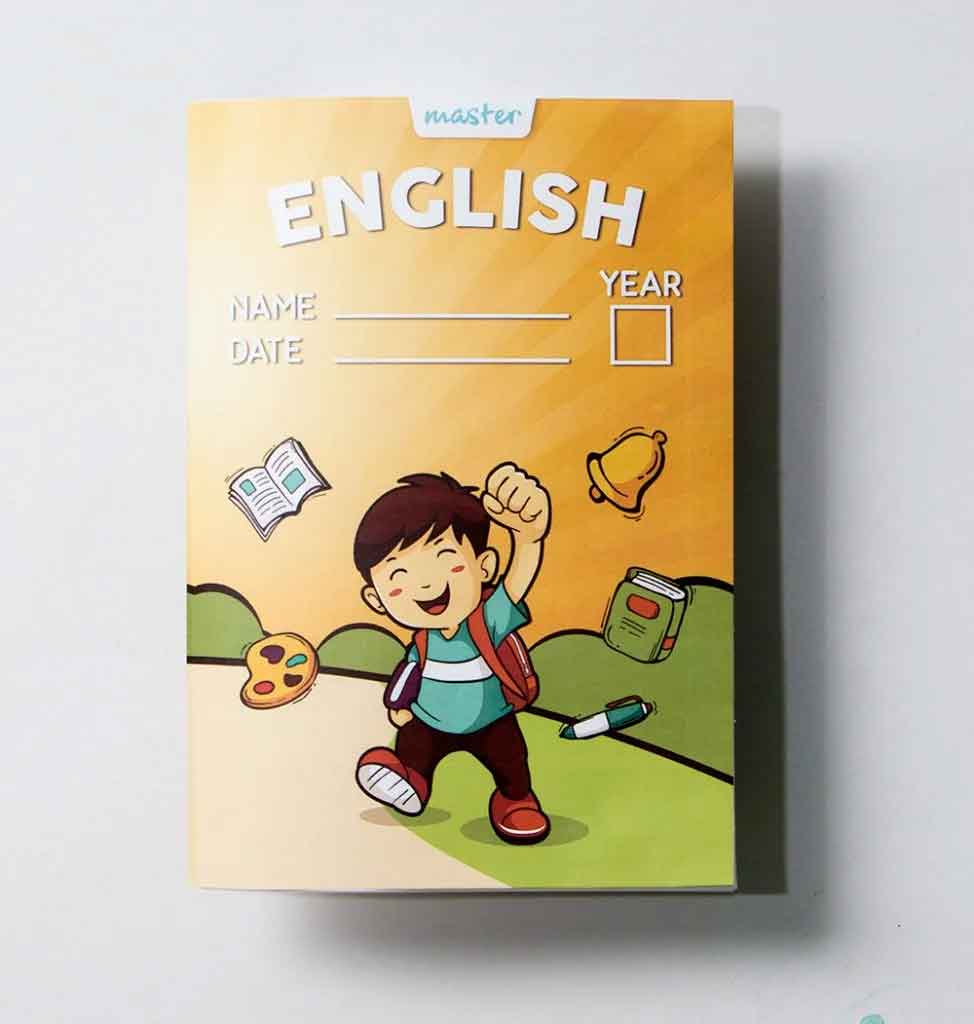
Essay Writing
Colour Textbook
International School Standards
Written Exams by Cambridge UK
Speaking Exams by Trinity College London
Certification
FREE Placement Test
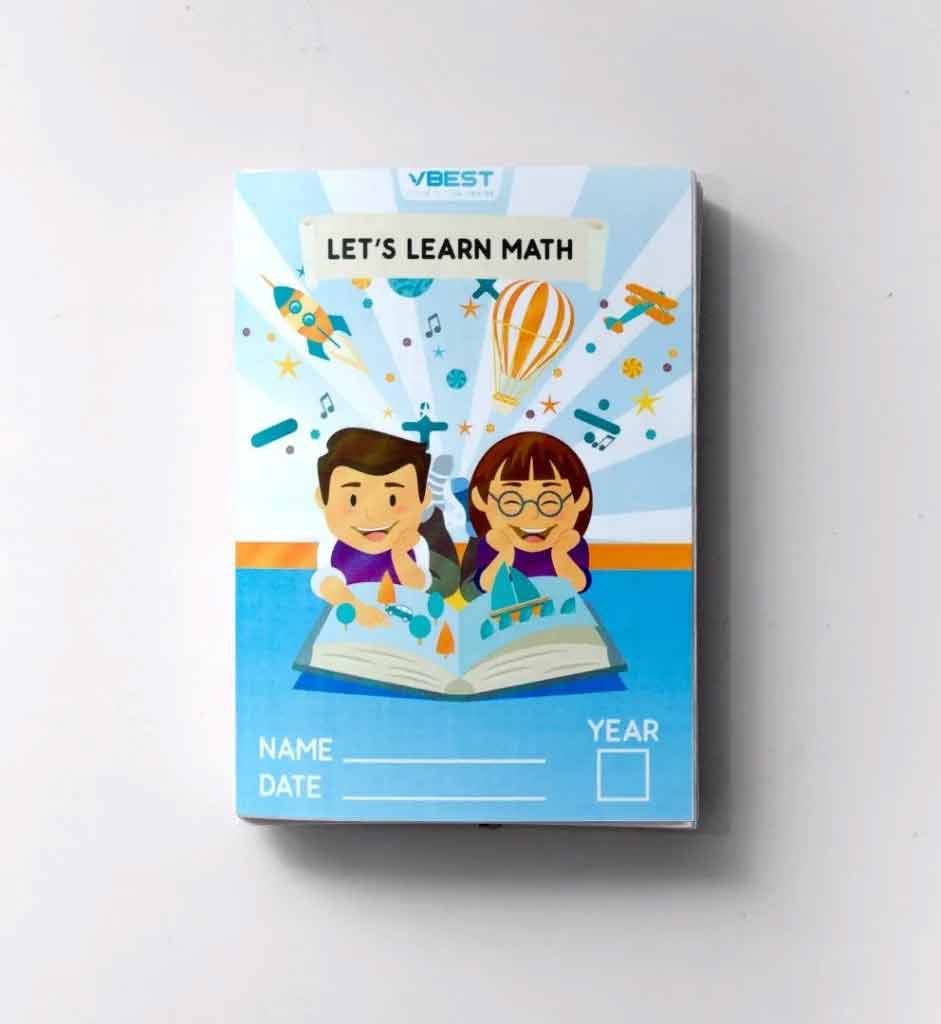
Step by Step Teaching
Maths Worksheets
Maths Fundamental
Critical Thinking Questions
Worded Problem Solving
Singapore Maths Questions
Prepare for Secondary Add Math
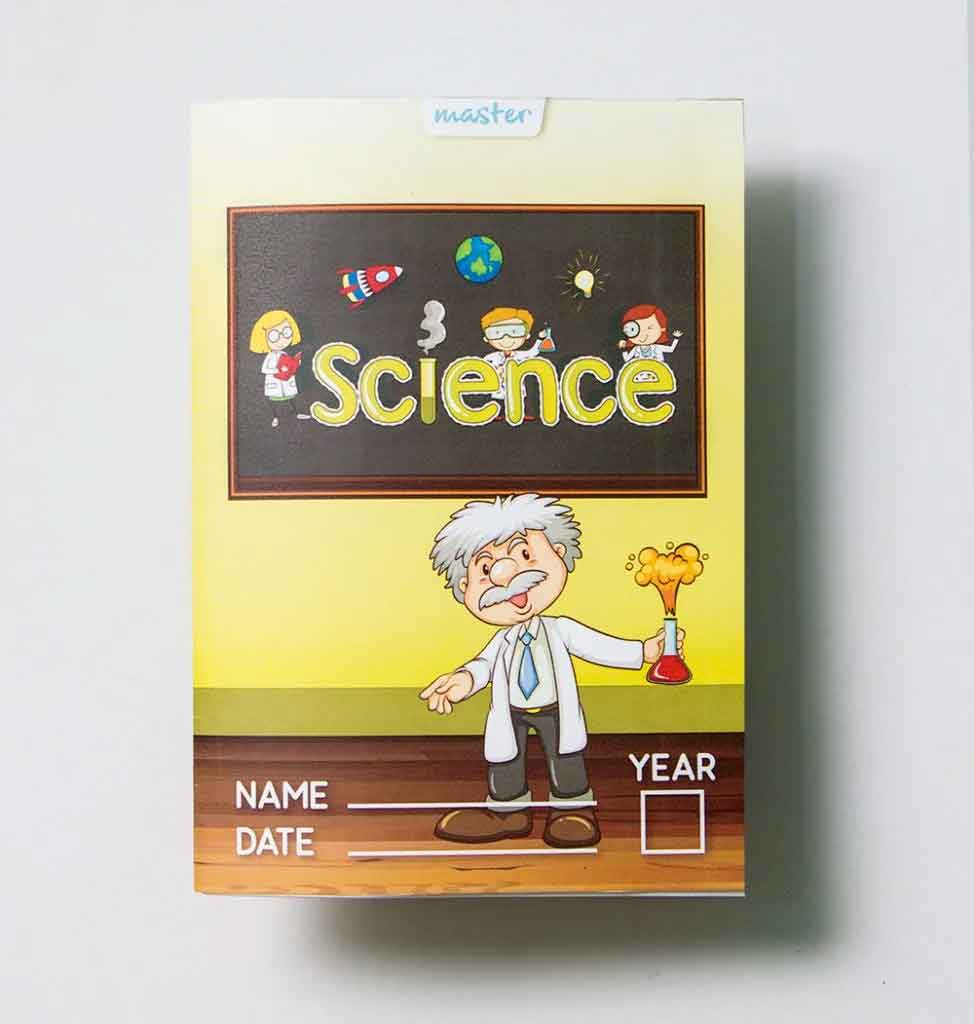
Science Worksheets
Science in English
Biology Physics Chemistry
Checkpoint Past Years
ICAS & SATs Past Years
Exercises With Answers
Colour Summary Notes
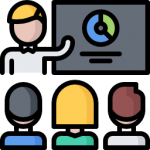
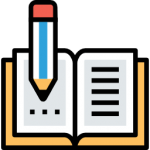
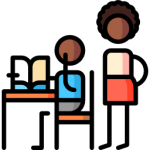
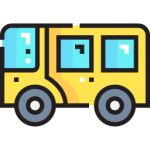
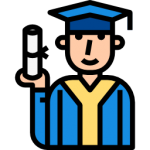

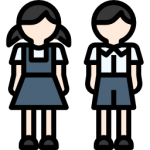
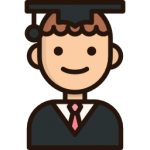

Our educational approach enables every student to achieve their highest levels of academic potential and social success. Their standardised exams exceeds global average thanks to the combined effort of parents, school teachers and tutors.
Belina Chang 2019
Loh Shin Yuen 2019
Hsien Foong 2019
Amirah 2018
Yik Wong 2019
Aleyah 2017
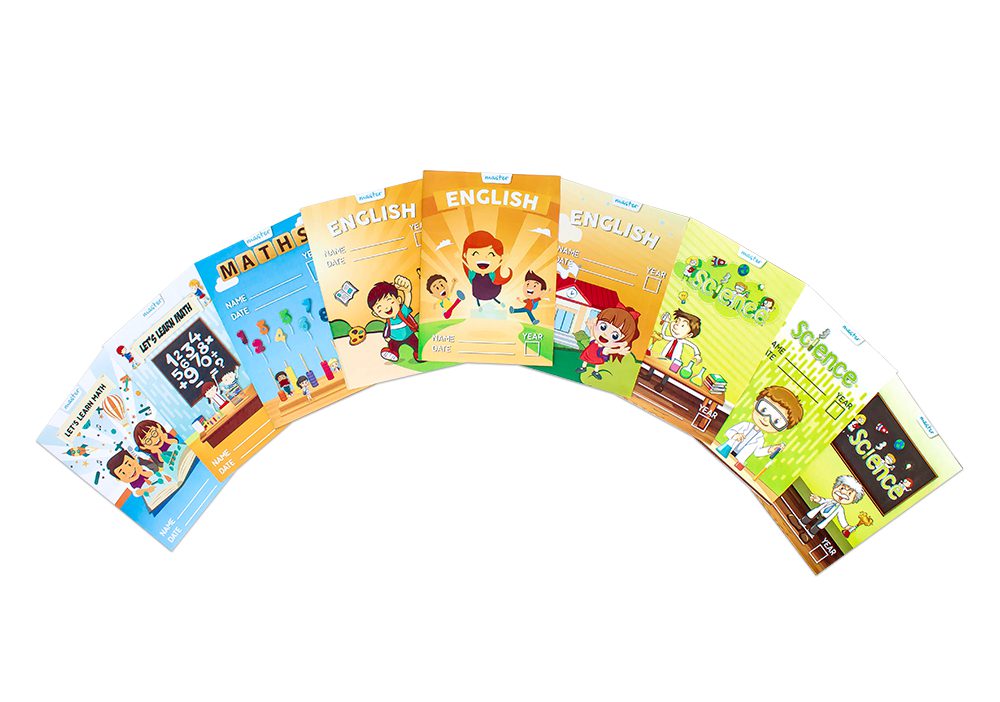

Structured program and specially designed to your child to improve quickly and love learning English. The available levels are First Step, Junior, Primary, A1 Preliminary, A2 Elementary, A2+ Pre-later. Each level comes with notes and colour text books imported from England.

Our junior learner will begin their journey of learning using guided teaching approach as well as multi-sensory approach. Learner will improve progressively the following components:
- Essay Writing
- Vocabulary
- Comprehension
- Grammar
- Reading
- SATs Practice
To enhance learning experience, learners will be attempting multiple online quizzes, and granted an access to our online learning platform which is richly contented with videos and learning materials

Our program emphasizes on personalized learning. Learners are will have start by taking a standardized placement test to determine their level of English proficiency. At the end of each level, students can opt to take a test which is set and mark in England and successful candidates will receive a lifetime certification from England.
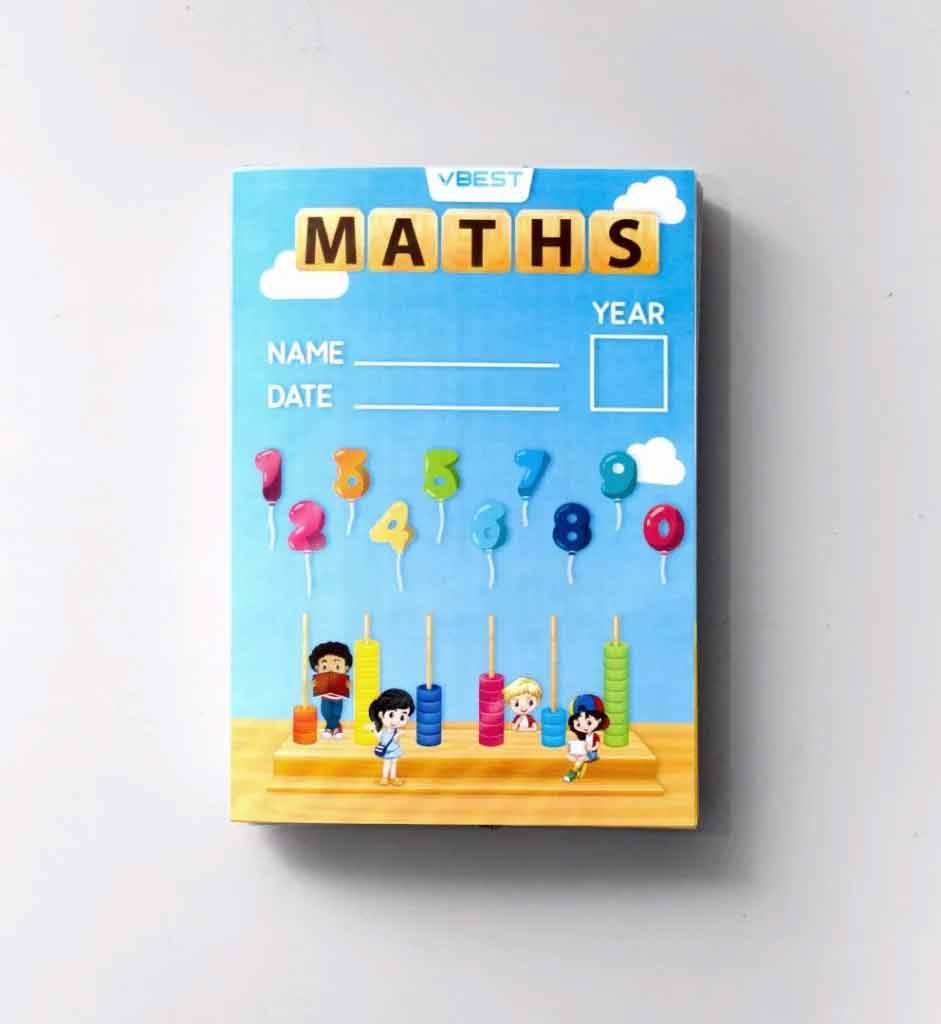
Our mathematics syllabus contains multiple worded problem solving mathematics questions in every chapters to allow learners to relate Mathematics learning with real world problems.
Learners will be coached to solve complex real life questions with our consistent guidance.

Our mathematics syllabus follows Cambridge checkpoint structure incorporating Singapore PSLE syllabus. This includes a series of constructive mathematics question with increasing difficulties to nurture critical thinking and high order thinking skills in our learners.
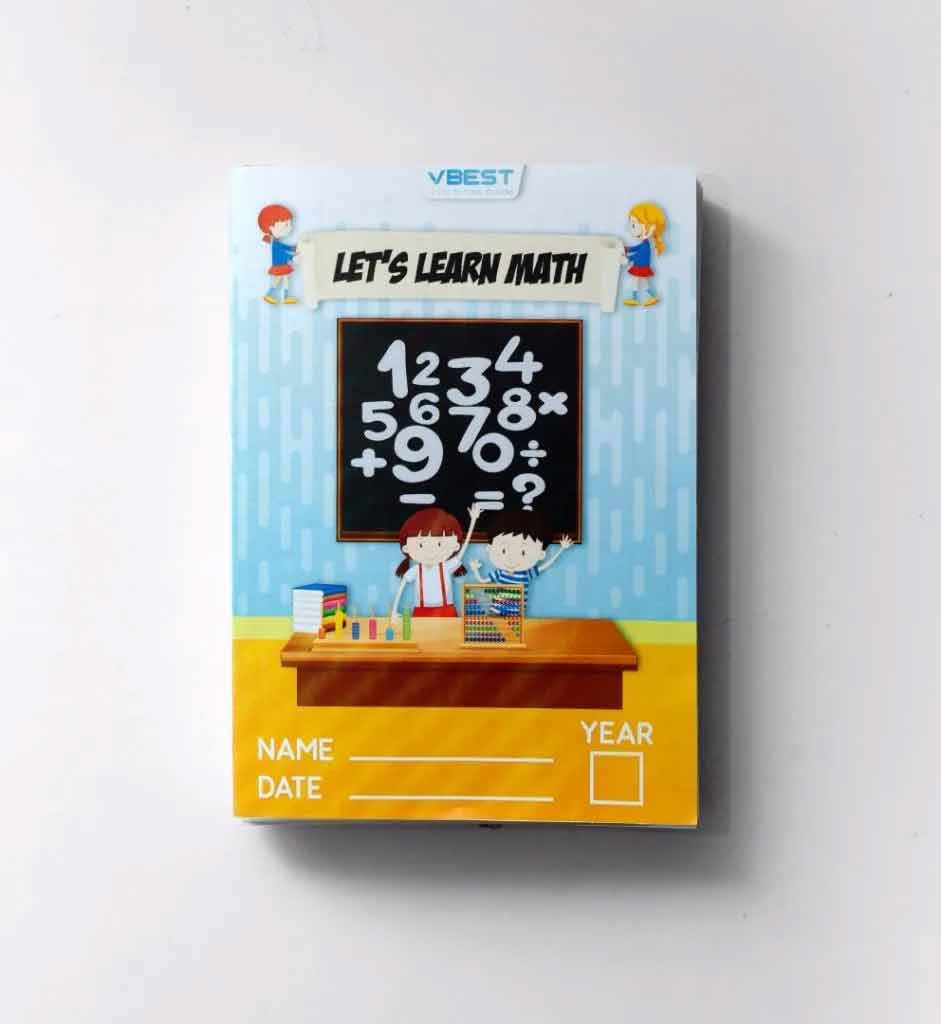
We strongly believe the only way to excel in Mathematics is doing Mathematics. Our Mathematics syllabus contains various type of questions including time, money, numbers, conversions of units. All mathematics questions are designed in English, assessment will be carried out and a weekly progressive worksheet and homework checking will be performed.

Allow children to learn about the world around them and understand basic concept of science. This particular activity aims to improve children observation and communication skills to allow students to relate science in their daily life. Learners are strive to achieve a good grade in Year 6 primary checkpoint program and will be prepared for any international school entrance assessment.

Our science syllabus ensures that all the lessons follow the learning outcome of IPC. Our goal is to create a fun and conducive science learning experience to make a difference in all our learners’ life.

We emphasizes on reinforce learning by demonstrating how science affects our daily life. Through interaction students able to make connections between scientific concepts and appreciate "Science". Experiments are conducted to enable learners formulating a hypothesis and conclusion in science.
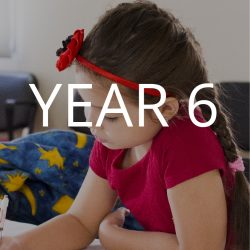
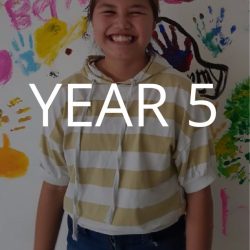
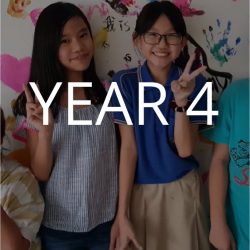
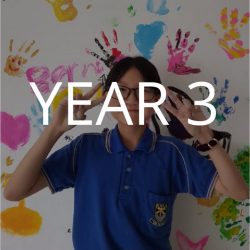
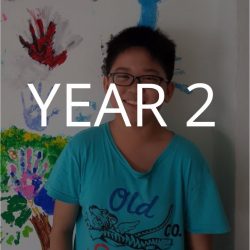
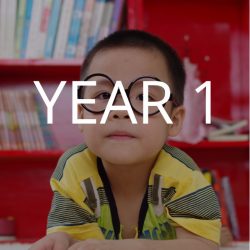
Year 6
Year 5
Year 4
Children will be increasing their familiarity with a wide range of genres of writing. They will be preparing poems and play scripts to read aloud and perform. They will be thinking about inference and making predictions about what is going to happen in a story.This year they will need to build on their handwriting work in Year 2, becoming more confident with combining letters. They will be thinking carefully about the setting, characters and plot in their stories and how to structure a text, remembering to use plenty of good description. They will need to use connecting words such as when, before, after, while, so and because. They will start to use speech marks when writing dialogue this year.
They will start adding and subtracting with three-digit numbers by using column They will learn their 3, 4 and 8 times tables then moving onto multiplying a two-digit number by a one-digit number. Children will learn how to find fractions of quantities and about equivalent fractions. They will learn about perimeter and also how to tell the time on a 12 hour system and 24 hour system clock. They will start to learn about right angles, horizontal , perpendicular and parallel lines.
Children will learn about plants in more details: explain observations that plants need water and light to grow, know that water is taken in through the roots and transported through the stem and know that plant growth is affected by temperature. They will also learn about humans and animals in more details: know life processes common to humans and animals include nutrition (water and food), movement, growth and reproduction, describe differences between living and non-living things using knowledge of life processes and explore and research exercise and the adequate, varied diet needed to keep healthy. They will also explore human senses and the ways we use them to learn about our world as well as sort living things into groups, using simple features and describe rationale for groupings.
Furthermore, children will learn about material properties in more details: know that every material has specific properties. For examples, hard, soft, shiny. They will be able to sort materials according to their properties. They will explore how some materials are magnetic but many are not and discuss why materials are chosen for specific purposes based on their properties.
Moreover, children will learn about forces and motion in more details: know that pushes and pulls are examples of forces and that they can be measured with forcemeters, explore how forces can make objects start or stop moving and how forces can change the shape of objects. They will also explore how forces, including friction, can make objects move faster or slower or change direction.
English
Children will carry on building their phonics work in Year 1 until they are able to read words automatically, without having to sound out. They will continue to read a range of different stories and introduced to non-fiction books. They will be able to apply the rules on spelling based on what they have learnt. They will be more confident in their formation of letters and will learn how to start joining their handwriting. They will have plenty of practice writing stories and will also write some poetry. They will be taught to use capital letters, full stops, exclamation marks and question marks correctly.
Children in Year 2 will learn to add and subtract with two-digit and one-digit numbers. They will learn multiplication and division fact for the 2, 5 and 10 times tables. Children will need to find 1/3, 1/4 1/2 and 3/4 of a shape or a quantity of objects. They will learn to name and describe the properties of common 2D and 3D shapes. Year 2 children carry out activities where they interpret and construct block graphs, tally charts, pictograms and tables.
Children will learn about living things in their environment. They will identify similarities and differences between local environments and know about some of the ways in which these affect the animals and plants that are found there. They will also observe and talk about their observation of the weather, recording reports of weather data.
Moreover, children will learn about material properties and changes. They will learn to recognize some types of rocks and the uses of different rocks. They will know how the shapes of some materials can be changed by squashing, bending, twisting and stretching. They will also describe the way some everyday materials change when they are heated or cooled. They will recognize that some materials can dissolve in water.
Furthermore, children will learn about light and dark where they will identify different light sources including the sun. They will also be able to identify shadow and know that darkness is due to absence of light. They will also learn about electricity which will require them to recognize the components of simple circuits involving cells (batteries). They need to know how a switch can be used to break a circuit as well. In addition, the children will learn about the earth and beyond. They will explore how the sun appears to move during the day and how shadows change. They will also make a model how the spin of the Earth leads to day and night, for examples, with different sized balls and a torch.
English
Children will strengthen their learning of phonics. They will be encouraged to read a wide range of stories and listen to poems which they will start to recite by heart. Children will learn to spell a range of words containing the sounds already taught. They will learn to form all the letters of the alphabet in lower case and capitals then the digits 0 to 9. They will sequence sentences to form short stories. They will punctuate sentences with a capital and full stop, and will begin to learn about question marks and exclamation marks.
Children will need to count forwards and backwards up to 100. They will need to know their addition and subtraction facts to 20. They will be learning about times tables using simple multiplication and division problems based on the given objects to help them work out what is being asked.Children will need to find half and a quarter of a shape or quantity. They will be learning how to measure using standard units as well as learning to tell time from hour to half-hour. They will learn to name some simple 2D and 3D shapes.
Children will learn about plants: the names of their major parts, how they grow from seeds and the ways that different animals and plants inhabit local environments. They will also learn about humans and animals: the similarities and differences between each other, names of the main external parts of the body and how senses enable humans and animals to be aware of the world around them.
Moreover, children will learn about material properties: the characteristics of varied materials and be able to sort objects into groups based on the properties of their materials. They will also learn about forces which will enable them to explore, talk about and describe the movement of familiar things. They will recognize that both pushes and pulls are forces and there is a cause when things speed up, slow down or change direction. Besides that, they will learn about sound: the many sources of sound and be able to recognise that as sound travels from a source, it becomes fainter.
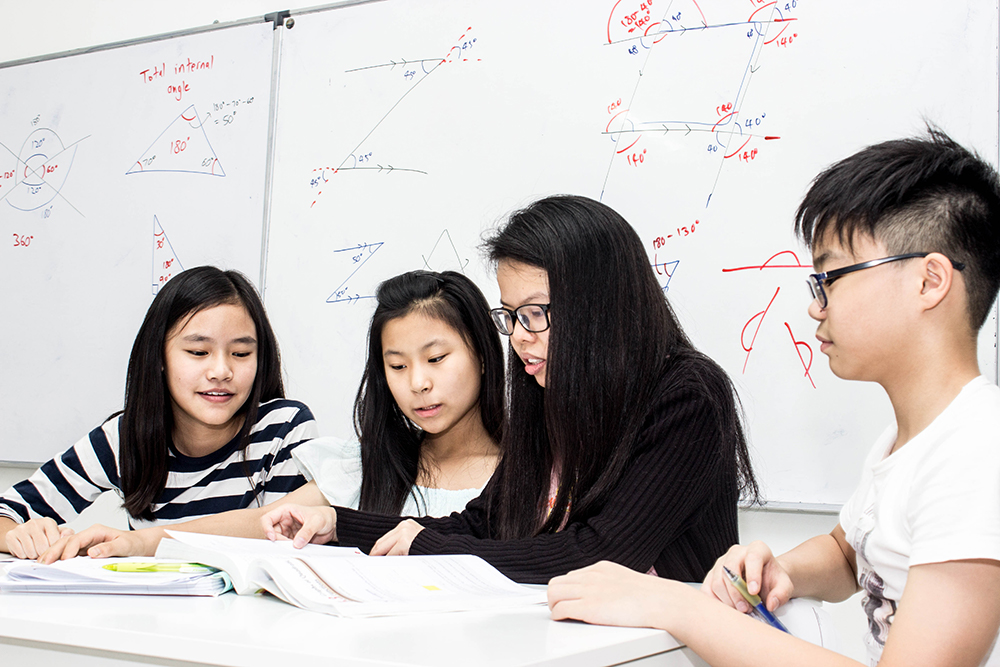
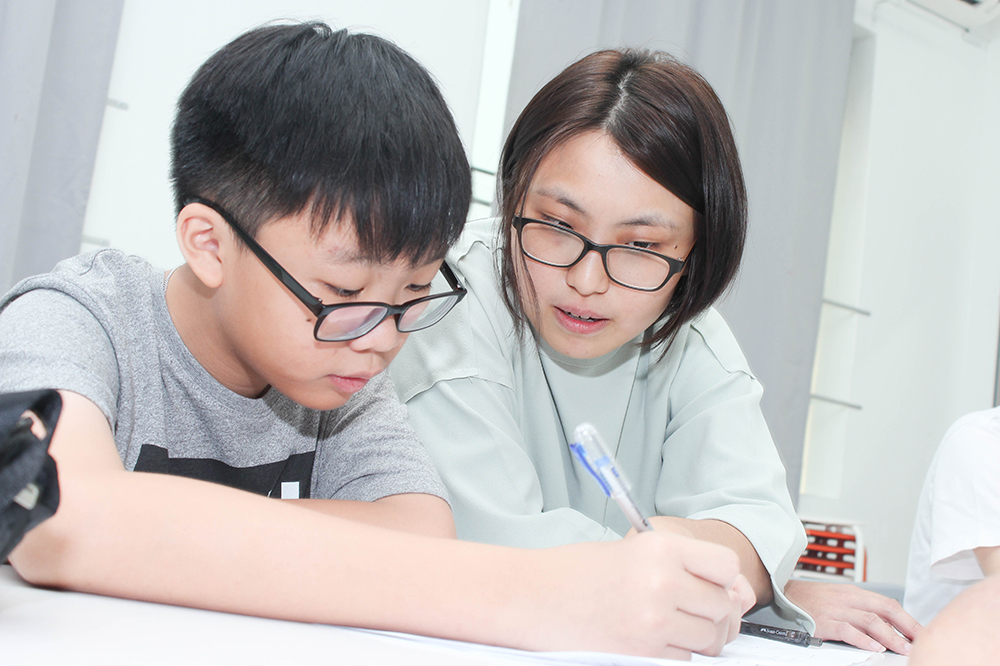
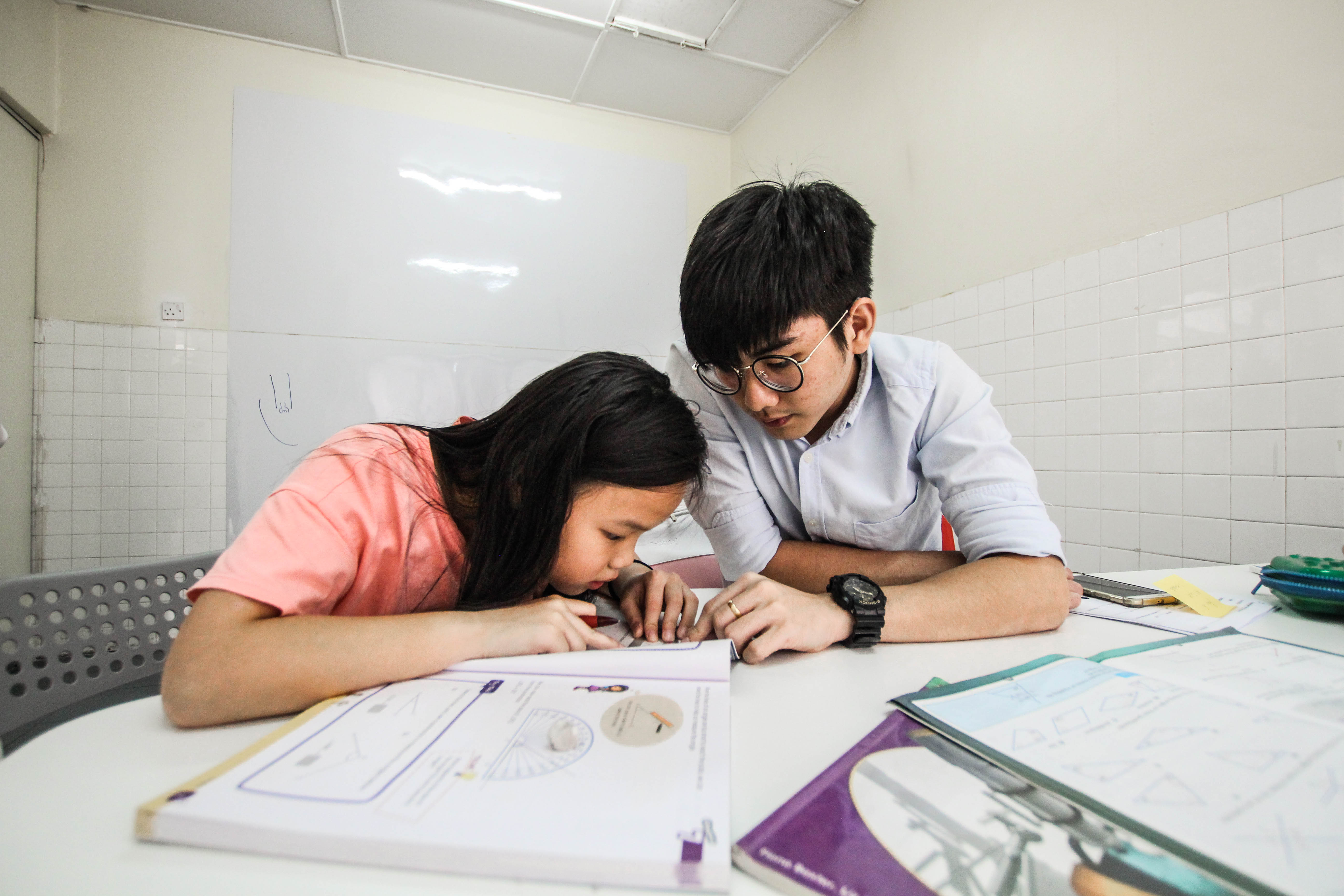
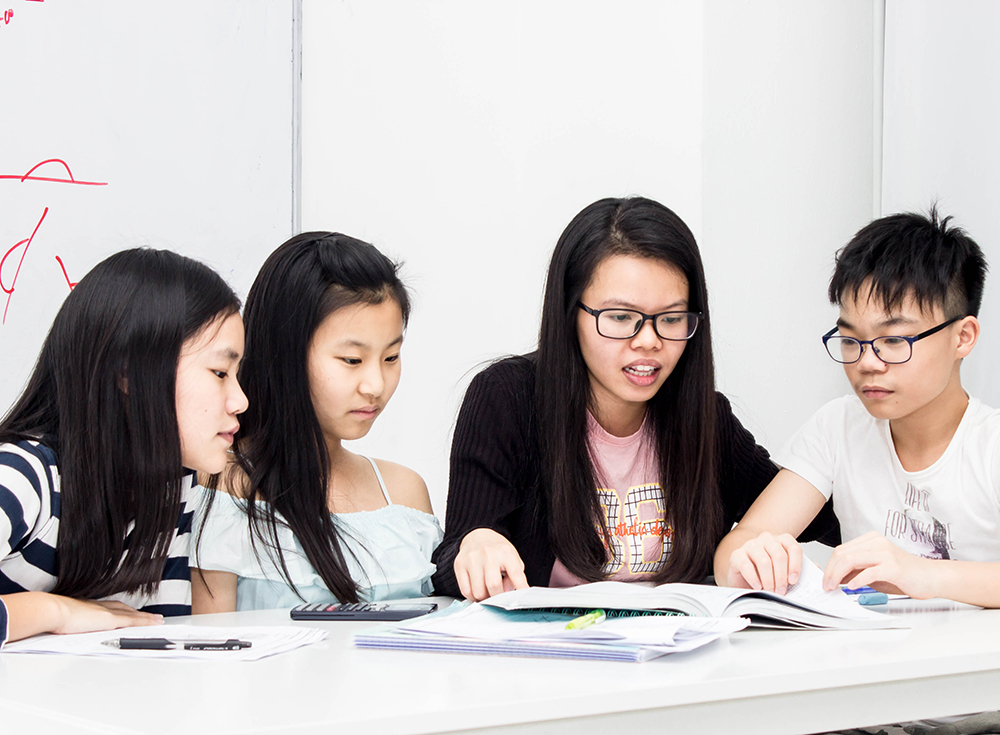
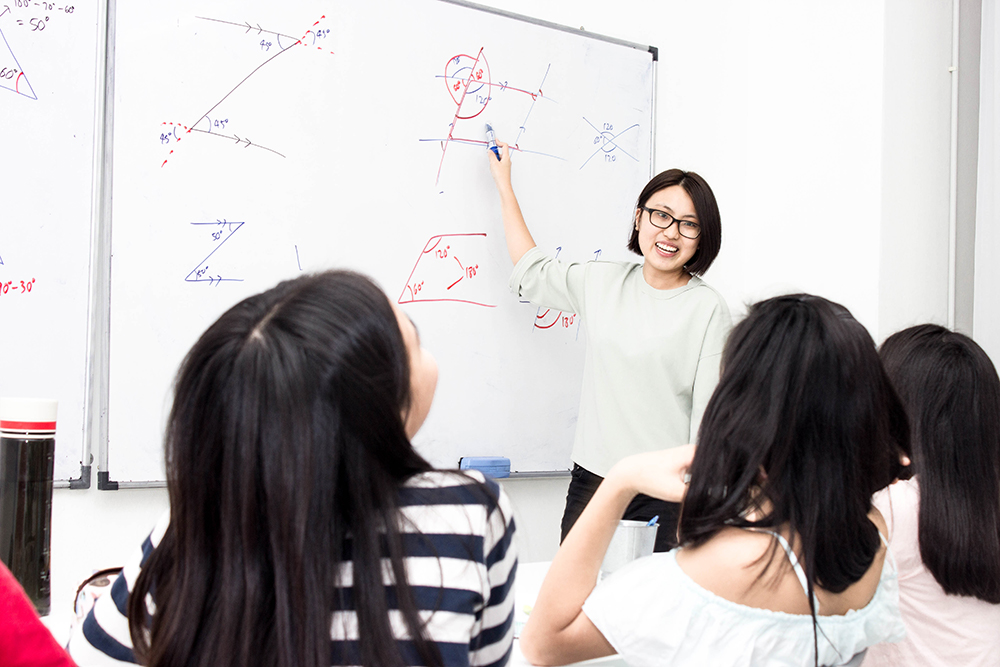
63-3, Jalan Medan Putra 1,
Medan Putra Business Centre,
52200, Kepong
+6 012 943 2123 Mr Edison
A-6-15, Arcoris Mont Kiara,
Jalan Kiara Road
50480 Kuala Lumpur
+6 016 351 0188 Mr Austin
3rd Floor, 22-3, Jalan PJU 5/9,
Kota Damansara,
47810, Petaling Jaya.
+6 016 351 0188 Mr Austin
19-2, Jalan USJ 10/1F,
Taipan Triangle, Subang Jaya,
47600, Selangor.
+6 016 351 2688 Mr Jack
53-2, Jalan Manis 4,
Taman Segar, 56100 Cheras,
Wilayah Persekutuan Kuala Lumpur.
+6 016 352 7988 Mr Khing
No 7, 2nd Floor, 64,
Jabatan Pengangkutan, SS2,
47301 Petaling Jaya.
+6 016 351 9788 Mr Desmond
No 15-3, Jalan Puteri 2/1,
Bandar Puteri Puchong,
47100 Puchong, Selangor.
+ 6 016 351 2688 Mr Jack
7-3-1, Jalan Setia Prima R U/13R,
Setia Alam, Seksyen U13,
40170 Shah Alam.
+6 016 351 9588 Mr Chin
21B, Jln Anggerik Vanilla N31/N,
Kota Kemuning, Seksyen 31,
40460, Shah Alam.
+6 016 351 9088 Ms Joan
48C, Jln Mamanda 9,
Tmn Dato Ahmad Razali,
68000, Ampang, Selangor.
+6 016 352 7988 Mr Khing
5, Jalan Sierra 10/1,
Bandar 16 Sierra,
47120 Puchong, Selangor.
+6 016 352 3188 Ms Evie
31-1, Lorong Batu Nilam 21C,
Bandar Bukit Tinggi,
41200, Klang, Selangor.
+6 016 351 9788 Mr Desmond
No 33-2, 2nd floor,
Jalan BK5A/3A,
Bandar Kinrara,
47180 Puchong,Selangor
+6 016 351 7288 Mr Zi Yao
19A Jalan Indah 15/2,
Taman Bukit Indah, Nusajaya,
79100 Johor Bharu, Johor
+6 016 351 3588 Mr Joe
67-2, Jalan BS 1/1 Pusat Perniagaan Olive Hill,
Taman Bukit Serdang,
43300 Seri Kembangan, Selangor
+6016 352 3188 Ms Evie
+6016 351 7198 Mr Keng Foo
No. 109-3, Jalan Anggun City 3,
Pusat Komersial Anggun City,
Taman Anggun,
48000 Rawang, Selangor.
+6016 351 1788 Mr Eric
+6 016 351 0288 Mr Adrian
+6 017 661 8180 Mr Ivan